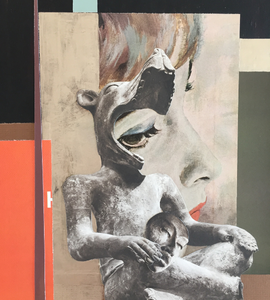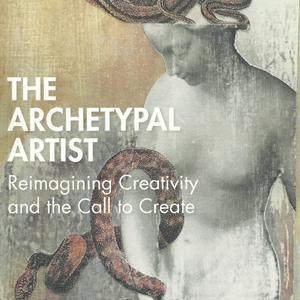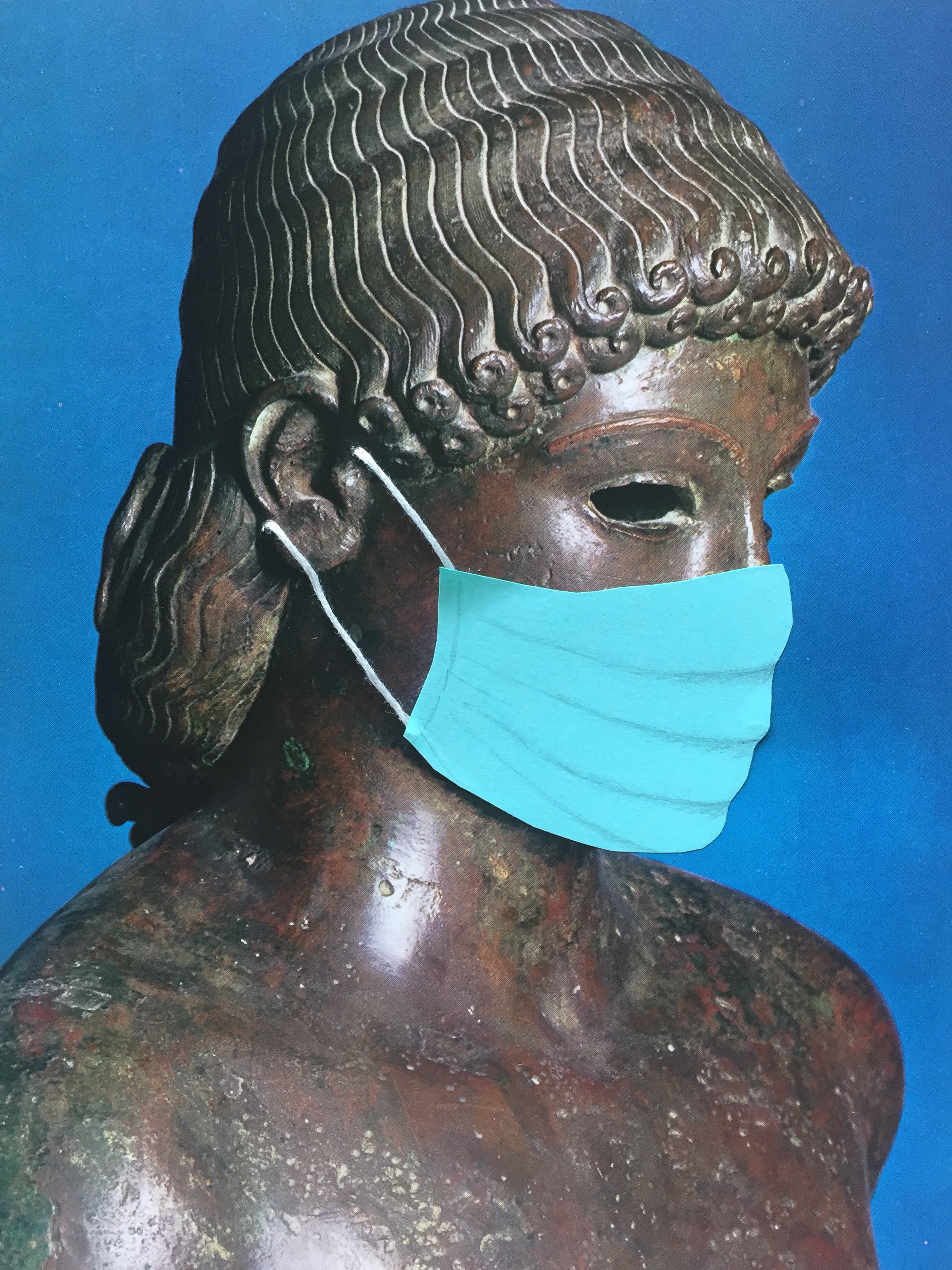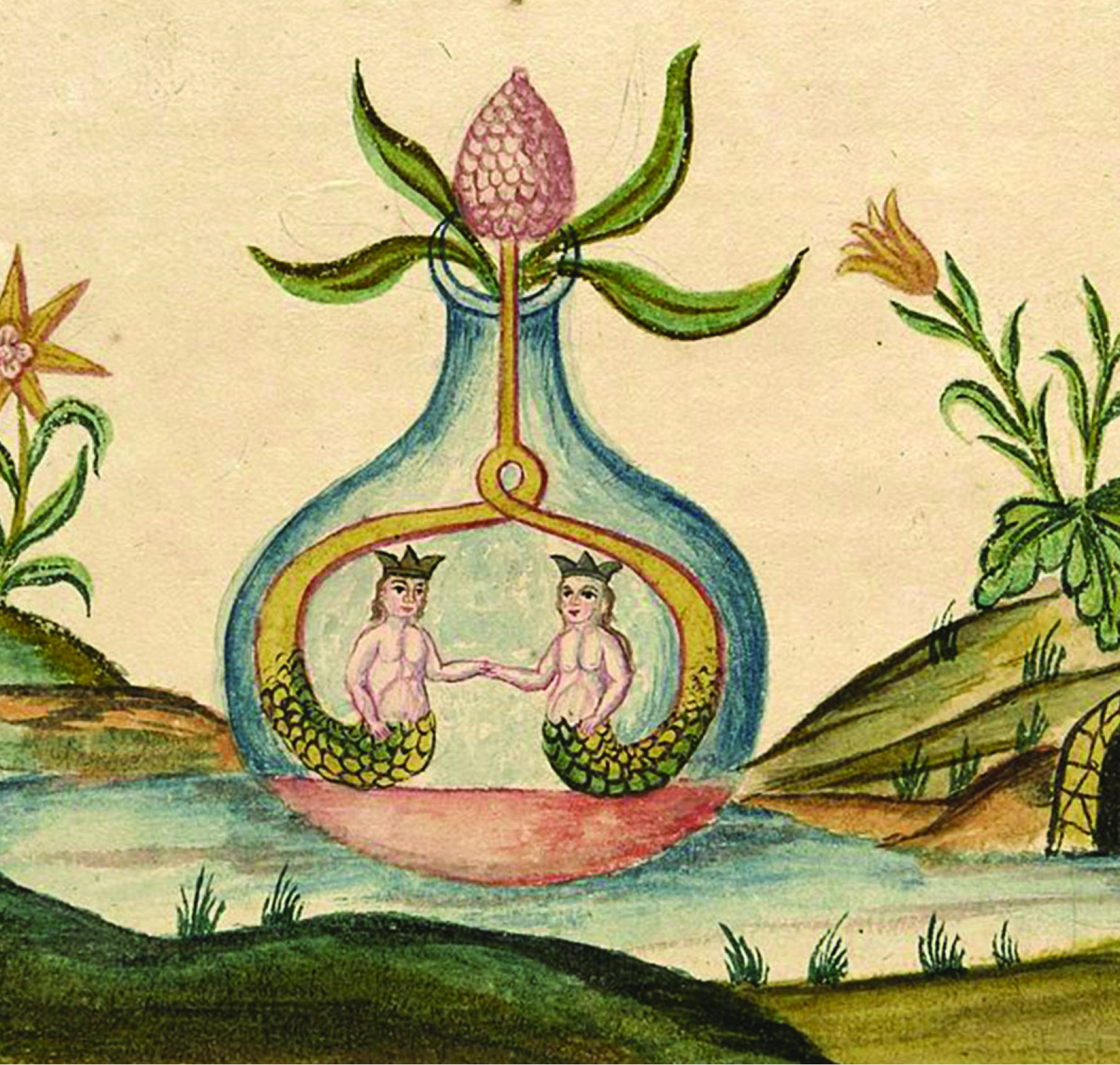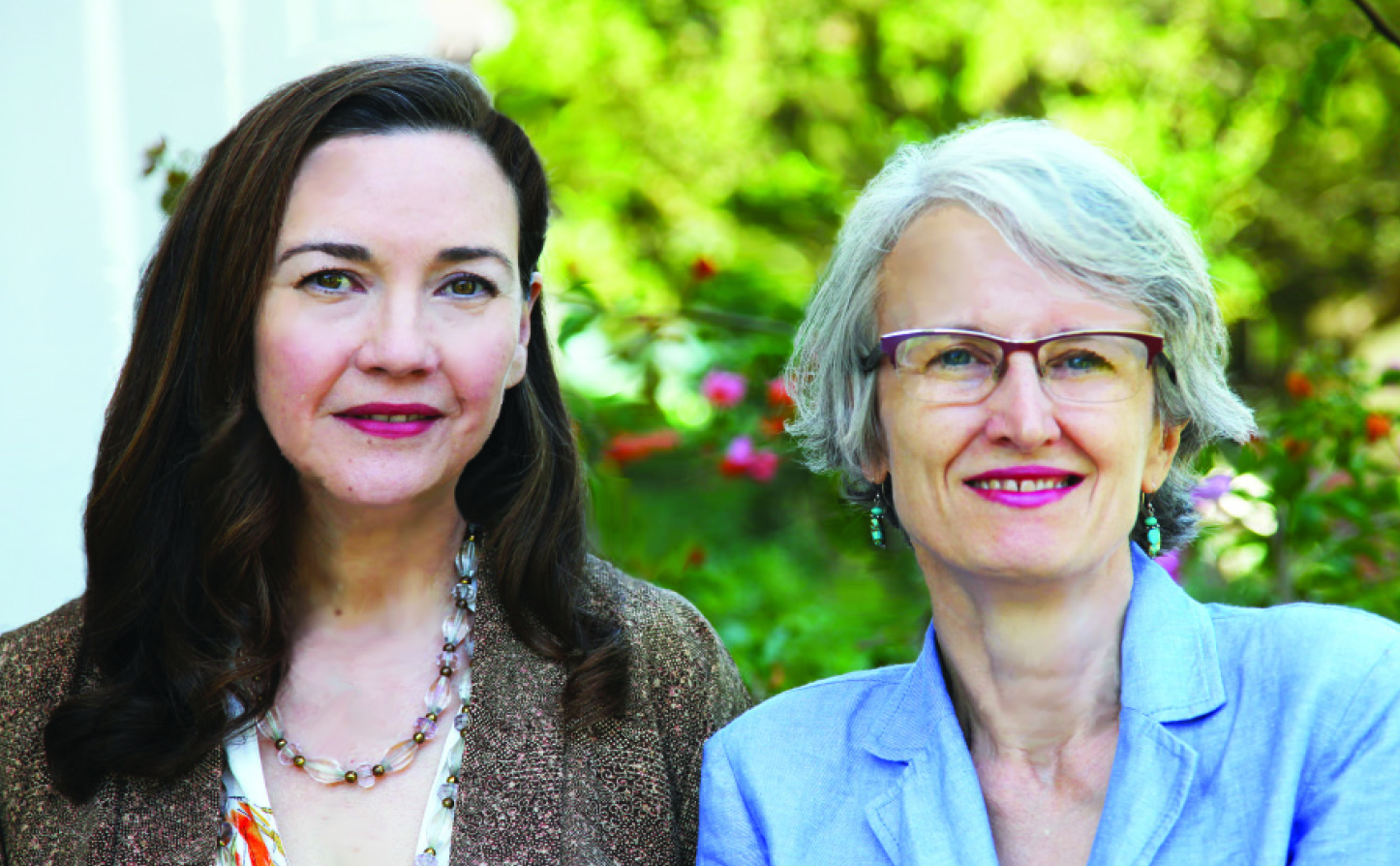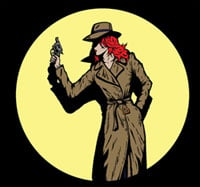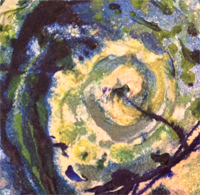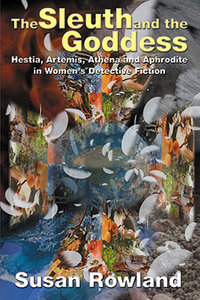
Goddesses live in detective fiction by women in ways little noticed before The Sleuth and the Goddess; in particular, how Hestia, Artemis, Athena and Aphrodite breathe into and shape woman-authored mysteries, whether driving a hardboiled P.I., such as Sara Paretsky’s V.I. Warshawski, or haunting domestic oriented sleuth Hannah Swensen, composed by Joanne Fluke. Goddesses are structures of consciousness and being, archetypes divining various forms of art rooted in the soul. Although these archetypes defy gender boundaries (so that male gods creep into women’s writing, just as goddesses are seduced or pursued by, or summon a male author), these four goddesses: Hestia of home and hearth, Artemis of hunting, Athena of communal survival, and Aphrodite of wily desire, most deeply incarnate aspects of the sacred in women’s mysteries. Just as subgenres of women’s writing such as the detective “cozy” have not yet received their due of critical attention, so too the goddesses are demanding that more attention be paid to the feminine psyche. The Sleuth and the Goddess shows us that to read the works by renowned authors such as Marcia Muller, Sue Grafton, Diane Mott Davidson, Jacqueline Winspear, Lindsey Davis, and many more, is to summon the goddesses and be blessed by their vision, beauty, and call to danger.
Read More


